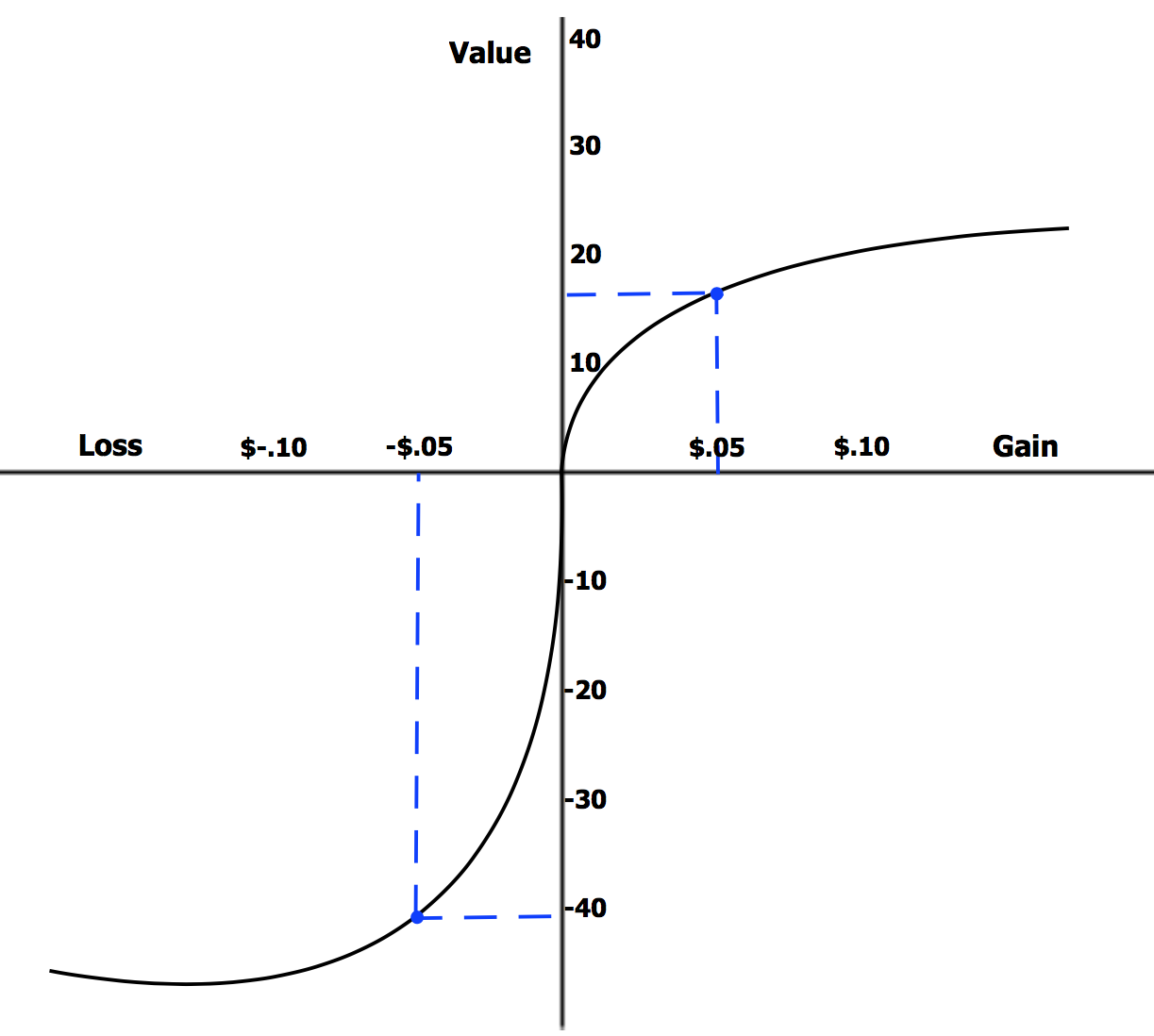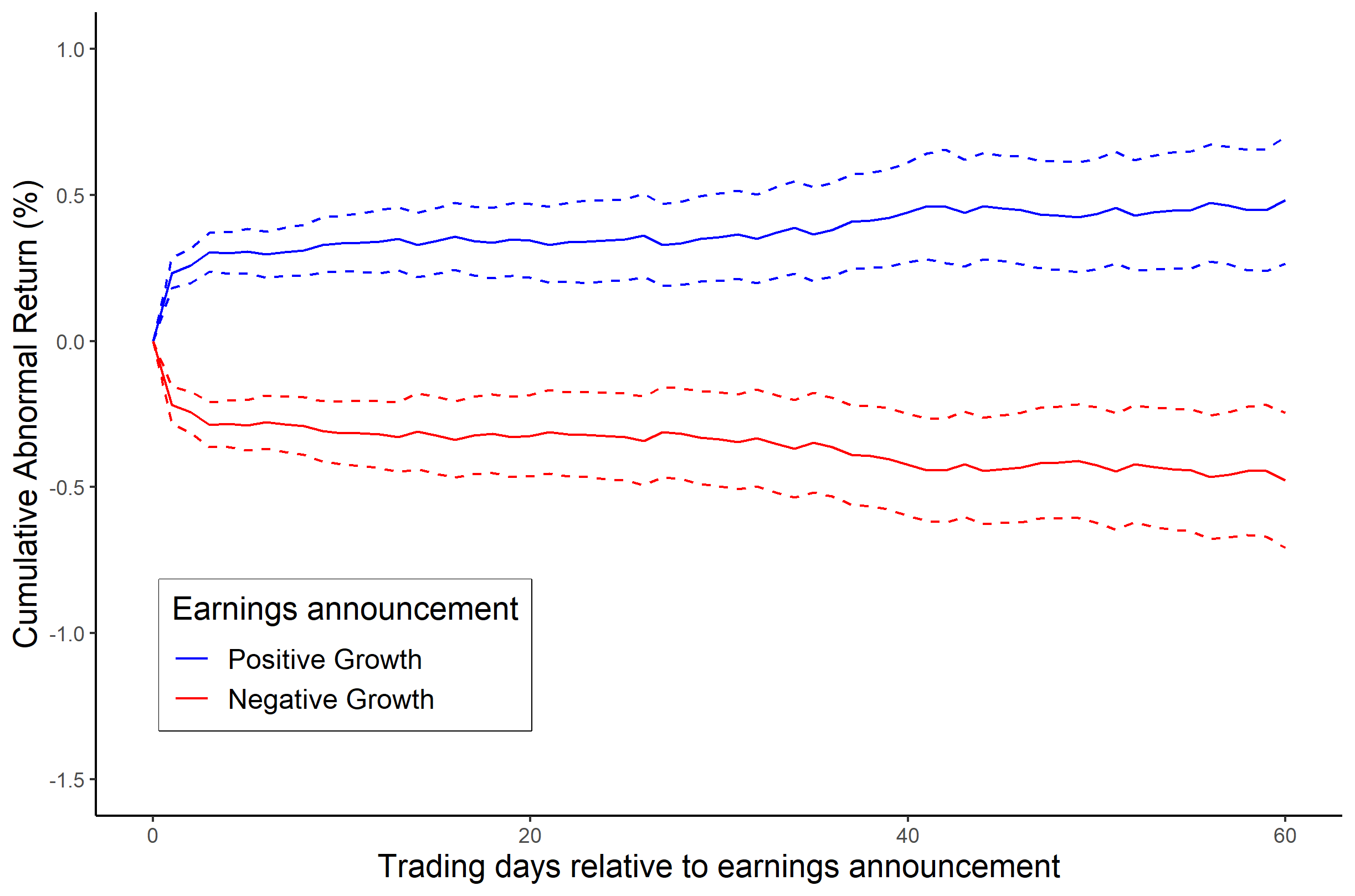|
TOTREP
Trade-off talking rational economic person (TOTREP) is one term, among others, used to denote, in the field of choice analysis, the rational, human agent of economic decisions. Origin of the term The term was first used notably in David M. Kreps' ''Notes on the Theory of Choice'' (1988). Kreps, in his preface, acknowledges Mike Harrison for first using the acronym Totrep. In his work on the theory of choiceMichael Allinghamcharacterizes the notion "denoted by TOTREP" as something "both to admire and worry about".Allingham, Michael. ''Rational Choice'', London and Basingstoke: Macmillan, 5 September 1999 Studies of the concept of the Trade-off Talking Rational Economic Person are now routinely conducted in the related fields of theory of choice, the mathematics of decision making,E."The Logic of Preferences" assignment in Harvard University, Spring 2000 etc. Attributes Totrep denotes an agent of economic decisions with strict preferences. The setting of the preference relations ... [...More Info...] [...Related Items...] OR: [Wikipedia] [Google] [Baidu] |
Prospect Theory
Prospect theory is a theory of behavioral economics, judgment and decision making that was developed by Daniel Kahneman and Amos Tversky in 1979. The theory was cited in the decision to award Kahneman the 2002 Nobel Memorial Prize in Economics. Based on results from controlled studies, it describes how individuals assess their loss and gain perspectives in an asymmetric manner (see loss aversion). For example, for some individuals, the pain from losing $1,000 could only be compensated by the pleasure of earning $2,000. Thus, contrary to the expected utility theory (which models the decision that perfectly rational agents would make), prospect theory aims to describe the actual behavior of people. In the original formulation of the theory, the term ''prospect'' referred to the predictable results of a lottery. However, prospect theory can also be applied to the prediction of other forms of behaviors and decisions. Prospect theory challenges the expected utility theory deve ... [...More Info...] [...Related Items...] OR: [Wikipedia] [Google] [Baidu] |
Preference (economics)
In economics, and in other social sciences, preference refers to an order by which an Agent (economics), agent, while in search of an "optimal choice", ranks alternatives based on their respective utility. ''Preferences'' are evaluations that concern matters of value, in relation to practical reasoning. Individual preferences are determined by taste, need, ..., as opposed to price, availability or personal income. Classical economics assumes that people act in their best (rational) interest. In this context, rationality would dictate that, when given a choice, an individual will select an option that maximizes their self-interest. But preferences are not always transitive relation, transitive, both because real humans are far from always being rational and because in some situations preferences can form cycle (graph theory), cycles, in which case there exists no well-defined optimal choice. An example of this is Efron dice. The concept of preference plays a key role in many discip ... [...More Info...] [...Related Items...] OR: [Wikipedia] [Google] [Baidu] |
Decision Theory
Decision theory or the theory of rational choice is a branch of probability theory, probability, economics, and analytic philosophy that uses expected utility and probabilities, probability to model how individuals would behave Rationality, rationally under uncertainty. It differs from the Cognitive science, cognitive and Behavioural sciences, behavioral sciences in that it is mainly Prescriptive economics, prescriptive and concerned with identifying optimal decision, optimal decisions for a rational agent, rather than Descriptive economics, describing how people actually make decisions. Despite this, the field is important to the study of real human behavior by Social science, social scientists, as it lays the foundations to Mathematical model, mathematically model and analyze individuals in fields such as sociology, economics, criminology, cognitive science, moral philosophy and political science. History The roots of decision theory lie in probability theory, developed by Blai ... [...More Info...] [...Related Items...] OR: [Wikipedia] [Google] [Baidu] |
Choice
A choice is the range of different things from which a being can choose. The arrival at a choice may incorporate Motivation, motivators and Choice modelling, models. Freedom of choice is generally cherished, whereas a severely limited or artificially restricted choice can lead to discomfort with choosing, and possibly an unsatisfactory outcome. In contrast, a choice with excessively numerous options may lead to confusion, reduced satisfaction, regret of the alternatives not taken, and indifference in an unstructured existence; and the illusion that choosing an object or a course, necessarily leads to the control of that object or course, can cause psychological problems. Types One can distinguish four or five main types of decisions, although they can be expressed in different ways. Brian Tracy breaks them down into: # command decisions, which can only be made by you, as the "Commander in Chief", or owner of a company # delegated decisions, which may be made by anyone. Decisio ... [...More Info...] [...Related Items...] OR: [Wikipedia] [Google] [Baidu] |
Behavioral Economics
Behavioral economics is the study of the psychological (e.g. cognitive, behavioral, affective, social) factors involved in the decisions of individuals or institutions, and how these decisions deviate from those implied by traditional economic theory. Behavioral economics is primarily concerned with the bounds of rationality of economic agents. Behavioral models typically integrate insights from psychology, neuroscience and microeconomic theory. Behavioral economics began as a distinct field of study in the 1970s and 1980s, but can be traced back to 18th-century economists, such as Adam Smith, who deliberated how the economic behavior of individuals could be influenced by their desires. The status of behavioral economics as a subfield of economics is a fairly recent development; the breakthroughs that laid the foundation for it were published through the last three decades of the 20th century. Behavioral economics is still growing as a field, being used increasingly in ... [...More Info...] [...Related Items...] OR: [Wikipedia] [Google] [Baidu] |
Game Theory
Game theory is the study of mathematical models of strategic interactions. It has applications in many fields of social science, and is used extensively in economics, logic, systems science and computer science. Initially, game theory addressed two-person zero-sum games, in which a participant's gains or losses are exactly balanced by the losses and gains of the other participant. In the 1950s, it was extended to the study of non zero-sum games, and was eventually applied to a wide range of Human behavior, behavioral relations. It is now an umbrella term for the science of rational Decision-making, decision making in humans, animals, and computers. Modern game theory began with the idea of mixed-strategy equilibria in two-person zero-sum games and its proof by John von Neumann. Von Neumann's original proof used the Brouwer fixed-point theorem on continuous mappings into compact convex sets, which became a standard method in game theory and mathematical economics. His paper was f ... [...More Info...] [...Related Items...] OR: [Wikipedia] [Google] [Baidu] |
Homo Economicus
The term ''Homo economicus'', or economic man, is the portrayal of humans as agents who are consistently rational and narrowly self-interested, and who pursue their subjectively defined ends optimally. It is a wordplay on ''Homo sapiens'', used in some economic theories and in pedagogy. In game theory, ''Homo economicus'' is often (but not necessarily) modelled through the assumption of perfect rationality. It assumes that agents always act in a way that maximize utility as a consumer and profit as a producer, and are capable of arbitrarily complex deductions towards that end. They will always be capable of thinking through all possible outcomes and choosing that course of action which will result in the best possible result. The rationality implied in ''Homo economicus'' does not restrict what sort of preferences are admissible. Only naive applications of the ''Homo economicus'' model assume that agents know what is best for their long-term physical and mental health. F ... [...More Info...] [...Related Items...] OR: [Wikipedia] [Google] [Baidu] |
Efficient Market Hypothesis
The efficient-market hypothesis (EMH) is a hypothesis in financial economics that states that asset prices reflect all available information. A direct implication is that it is impossible to "beat the market" consistently on a risk-adjusted basis since market prices should only react to new information. Because the EMH is formulated in terms of risk adjustment, it only makes testable predictions when coupled with a particular model of risk. As a result, research in financial economics since at least the 1990s has focused on market anomalies, that is, deviations from specific models of risk. The idea that financial market returns are difficult to predict goes back to Bachelier, Mandelbrot, and Samuelson, but is closely associated with Eugene Fama, in part due to his influential 1970 review of the theoretical and empirical research. The EMH provides the basic logic for modern risk-based theories of asset prices, and frameworks such as consumption-based asset pricing and int ... [...More Info...] [...Related Items...] OR: [Wikipedia] [Google] [Baidu] |
Autonomy
In developmental psychology and moral, political, and bioethical philosophy, autonomy is the capacity to make an informed, uncoerced decision. Autonomous organizations or institutions are independent or self-governing. Autonomy can also be defined from a human resources perspective, where it denotes a (relatively high) level of discretion granted to an employee in his or her work. In such cases, autonomy is known to generally increase job satisfaction. Self-actualized individuals are thought to operate autonomously of external expectations. In a medical context, respect for a patient's personal autonomy is considered one of many fundamental ethical principles in medicine. Sociology In the sociology of knowledge, a controversy over the boundaries of autonomy inhibited analysis of any concept beyond relative autonomy, until a typology of autonomy was created and developed within science and technology studies. According to it, the institution of science's existing autonom ... [...More Info...] [...Related Items...] OR: [Wikipedia] [Google] [Baidu] |
Heuristic
A heuristic or heuristic technique (''problem solving'', '' mental shortcut'', ''rule of thumb'') is any approach to problem solving that employs a pragmatic method that is not fully optimized, perfected, or rationalized, but is nevertheless "good enough" as an approximation or attribute substitution. Where finding an optimal solution is impossible or impractical, heuristic methods can be used to speed up the process of finding a satisfactory solution. Heuristics can be mental shortcuts that ease the cognitive load of making a decision. Context Gigerenzer & Gaissmaier (2011) state that sub-sets of ''strategy'' include heuristics, regression analysis, and Bayesian inference. Heuristics are strategies based on rules to generate optimal decisions, like the anchoring effect and utility maximization problem. These strategies depend on using readily accessible, though loosely applicable, information to control problem solving in human beings, machines and abstract i ... [...More Info...] [...Related Items...] OR: [Wikipedia] [Google] [Baidu] |
Statistician
A statistician is a person who works with Theory, theoretical or applied statistics. The profession exists in both the private sector, private and public sectors. It is common to combine statistical knowledge with expertise in other subjects, and statisticians may work as employees or as statistical consultants. Overview According to the United States Bureau of Labor Statistics, as of 2014, 26,970 jobs were classified as ''statistician'' in the United States. Of these people, approximately 30 percent worked for governments (federal, state, or local). As of October 2021, the median pay for statisticians in the United States was $92,270. Additionally, there is a substantial number of people who use statistics and data analysis in their work but have job titles other than ''statistician'', such as Actuary, actuaries, Applied mathematics, applied mathematicians, economists, data scientists, data analysts (predictive analytics), financial analysts, psychometricians, sociologists, ... [...More Info...] [...Related Items...] OR: [Wikipedia] [Google] [Baidu] |






